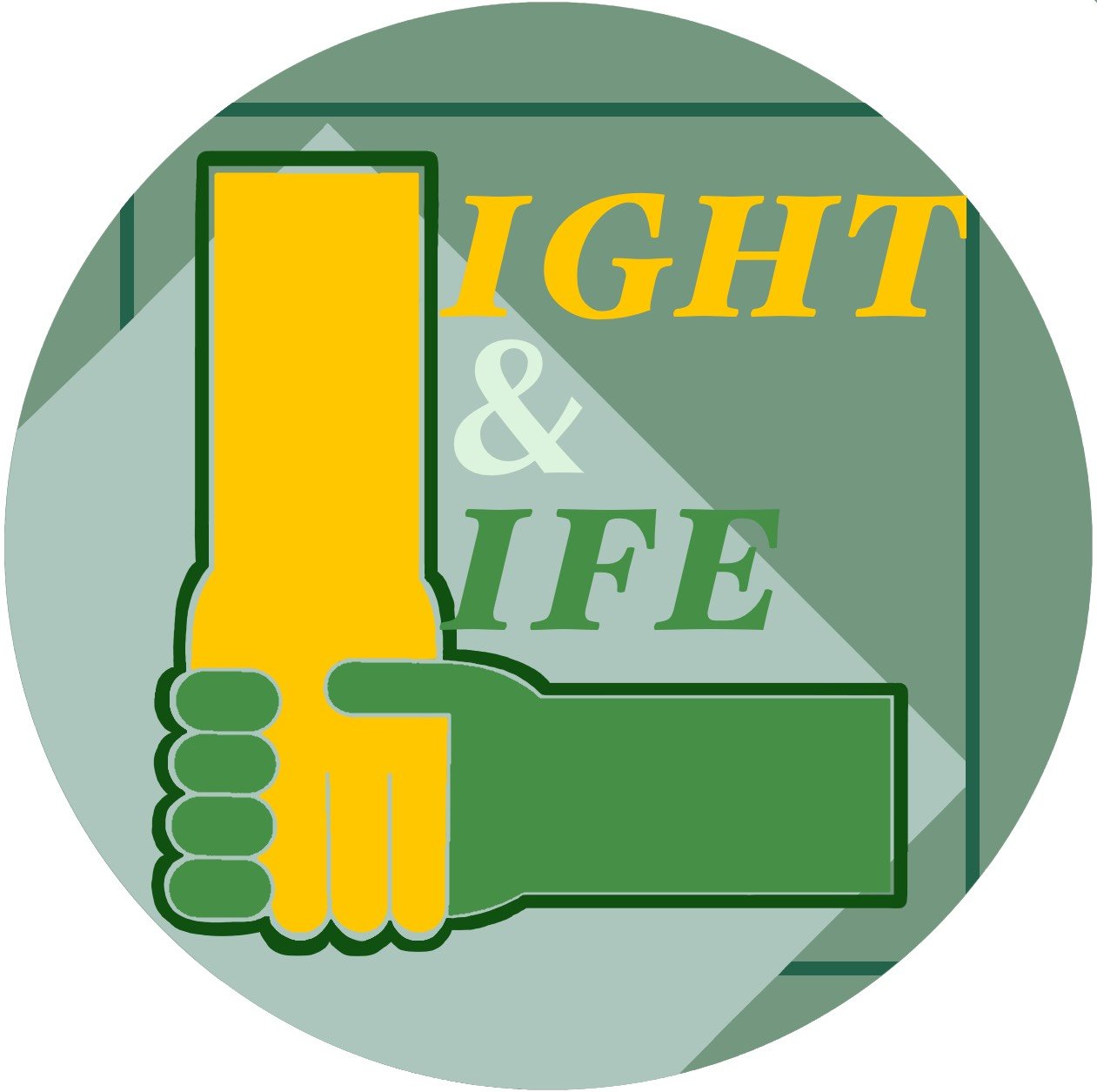Not All Heroes Wear Capes
May 20, 2024
While attending Mass yesterday, the elderly lady in front of us lost consciousness. Luckily, she was kneeling at the time so she didn’t fall on the floor and simply leaned towards her husband. The husband was calling her name and tried to wake her up. I noticed what was happening and my first instinct was to get help from my mother who was sitting all the way at the other end of our pew. She’s a retired nurse with decades of experience with the elderly and the sick, having worked at a long-term care facility in New York City. She rushed over to help care for the lady, while my husband tried to get the lady in a better position so as not to fall further, and I grabbed my phone to call 911. Thankfully, the lady gained consciousness after a minute or so, and the Emergency Medical Services came to assess her and bring her to the hospital. But this incident made me realize one thing: even though I'm an adult now with 3 kids, I still look towards my mother for help in cases like this. This wasn’t the first time that someone fainted in our vicinity at church.
Heroes are Not Always Calm and Confident
The truth is that I don’t normally seek my mother when my children are sick or when they hurt themselves. Primarily because she panics, her blood pressure rises, and she always looks close to tears when she sees any family member hurt, especially her grandchildren. Somehow, if it’s a stranger who needs help, she acts calmly and knows exactly what to do. It probably makes sense to be more affected by seeing a family member hurt, thereby clouding one’s judgment. The husband of the elderly lady was a good example as he was in shock and mostly in a panic trying to wake her.
I also realized that I felt a little guilty that I couldn’t provide more assistance. The lady was directly in front of me after all, and all I did was ask my mother for help and then call 911 for more help.
Heroes Help other Heroes
This incident made me wonder how many of us become so distraught seeing a loved one hurt or in a medical emergency that our judgment is clouded and we fail to give them the help that they need? How many of us fail to ask for help? And how many of us feel guilty about asking for help? These are all not uncommon, and in fact natural. But if we want to help our loved ones and do something truly heroic, there are 3 main things we can do:
Recognize when you need help.
Seek and accept the help of others.
Release the guilt of seeking help for your loved one.
These also apply for when your loved one needs a caregiver. It is important to recognize the signs that you need support – read my blog “5 Signs It’s Time to Use a Home Care Provider”. When you assess that you need some assistance, seek for a trustworthy home care service. Do your due diligence finding the help that you need. And lastly, release the guilt of needing to ask for support because you are only trying to do what’s best for everyone.
We don’t all have to be the hero that we think we need to be. Sometimes we simply need to be the hero that someone needs at that moment in time.
